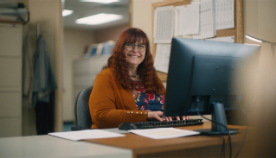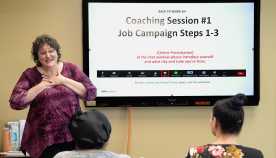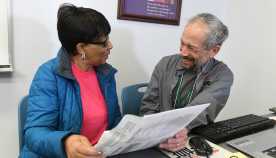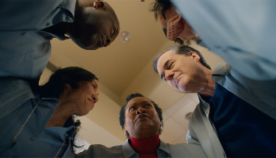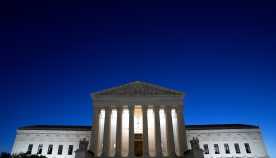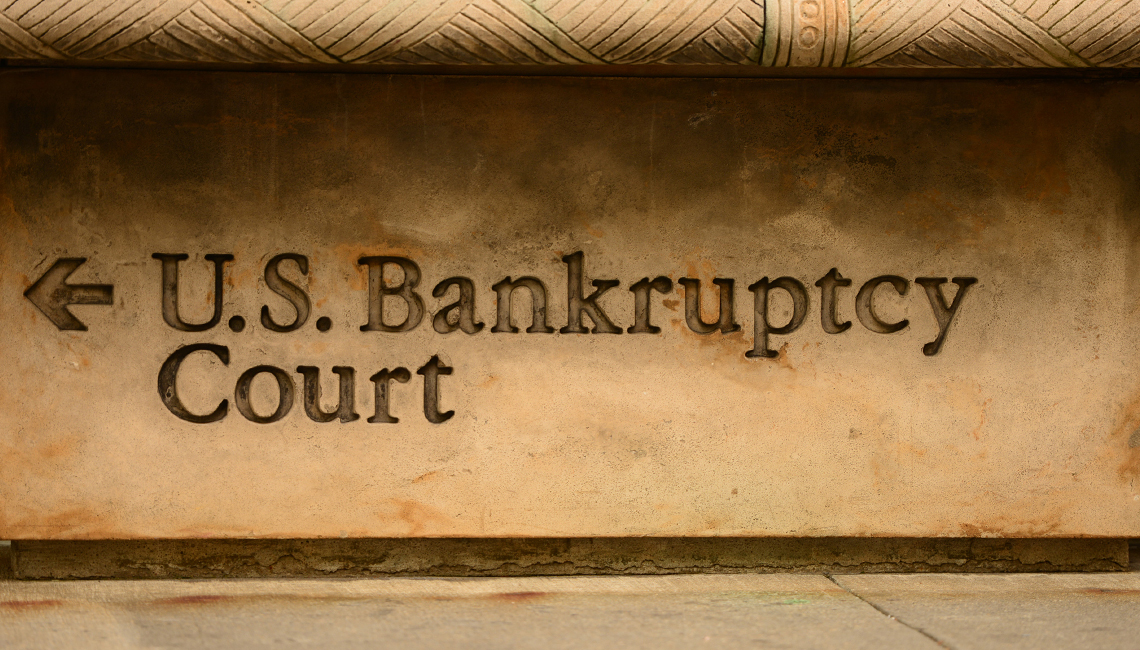About Us
Bartenwerfer v. Buckley,
No. 21-908,
860 Fed. App’x. 544 (9th Cir. 2021),
cert. granted, 142 S. Ct. 2675 (2022).
Oral argument not yet scheduled.
Issue: Bankruptcy law prohibits the discharge of debts acquired via fraud. Can a debtor be denied discharge of a debt when the fraud was perpetrated by a business partner, and the debtor had no actual knowledge of it?
The Bankruptcy Code of 1978 offers debtors a fresh start via the ability to discharge past debts. This system comes with many caveats, however, one of which is that debts “obtained by . . . false pretenses, a false representation, or actual fraud” cannot be discharged. 11 U.S.C. § 523(a)(2)(A). This case challenges the limits of that rule by asking whether it should apply to someone who claims she had no actual knowledge of a fraud perpetrated by a business partner.
The parties’ dispute arises from a real estate transaction. Bartenwerfer v. Buckley, 860 F. App’x 544, 545 (9th Cir. 2021), cert. granted, 142 S. Ct. 2675 (2022). David and Kate Bartenwerfer renovated and then sold a house in San Francisco to Kieran Buckley. Id. After the sale, Mr. Buckley alleged defects with the house and sued the Bartenwerfers on several theories, among them nondisclosure of material facts. Id. The jury found in favor of Mr. Buckley on the nondisclosure claim and awarded damages. Id.
The Bartenwerfers subsequently filed for bankruptcy, and Mr. Buckley challenged the discharge of his judgment against them under 11 U.S.C. § 523(a)(2)(A). Id. The bankruptcy court sided with Mr. Buckley, holding that the nondisclosure of material facts by Mr. Bartenwerfer fit the definition of fraud under § 523(a)(2)(A), and that this fraud could be imputed to Mrs. Bartenwerfer based on their partnership in the remodel. Id. at 545-46.
A bankruptcy appellate panel then found that Mr. Bartenwerfer’s fraud should not be imputed to Mrs. Bartenwerfer if she did not know of the fraud. Bartenwerfer, 860 F. App’x at 545. On remand, the bankruptcy court concluded that Mrs. Bartenwerfer did not know of the fraud and, thus, the fraud could not be imputed to her. Id. The bankruptcy appellate panel affirmed. Id. However, the Ninth Circuit reversed that decision, holding that “Mrs. Bartenwerfer's debt is nondischargeable regardless of her knowledge of the fraud.” Id. at 546-47. It based its ruling on a Supreme Court case, which held that “if, in the conduct of partnership business, . . . one partner makes false or fraudulent misrepresentations of fact to the injury of innocent persons, . . . his partners cannot escape pecuniary responsibility therefor upon the ground that such misrepresentations were made without their knowledge.” Id. at 546 (quoting Strang v. Bradner, 114 U.S. 555, 561 (1885)).



